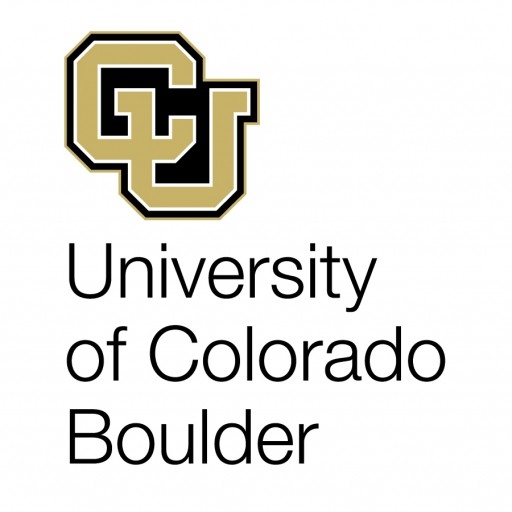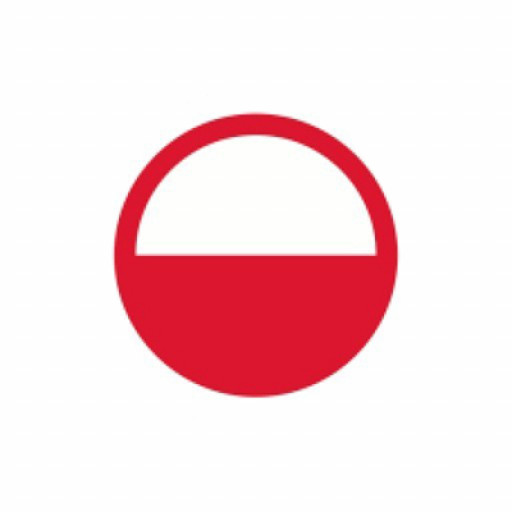Photos of university / #ualberta
Whether you have the goal of working in international relations or becoming a great writer, psychologist or pianist, you can find what you’re looking for in a Bachelor of Arts. Students with aptitudes ranging from mathematics, to art, to social studies and more can find their place in liberal arts. The liberal arts allow you to understand the components of the world around you and approach them from an informed and open-minded viewpoint. Let the liberal arts free you and take you where you want to go!
Students who choose to major or minor in Art and Design may take courses in studio disciplines in Fine Arts, Design Studies, and the History of Art, Design, and Visual Culture. Students explore the many aspects of art and design, and develop skills in critical thinking, communication, creativity, and commitment in both academic and practical course work.
This degree is designed to provide students with a diversified education and specialization in at least one subject. Students must complete either a major and a minor, or a double major.
In order to graduate you must complete a total of 120 credits with a minimum of 63 credits in Arts.
Basic Requirements (BR)
36 credits (equivalent of 12, 3-credit courses)
- Junior English (6 credits)
- Social Sciences (6 credits)
- Language other than English (LOE) (6 credits)
- Humanities (6 credits)
- Fine Arts (6 credits)
- Study of Sciences (6 credits)
Major & Minor
Your primary and secondary focuses respectively. You must select a major and minor, or double major to fulfill requirements for convocation (graduation). Your major must be from the Faculty of Arts.
Bachelor of Arts General students must choose a Major and Minor or Double Major.
Major: Min 30 credits to a Max 48 credits at the senior level (200 or higher level)
Minor (Arts, Science, Native Studies): Min 12 credits to a Max 42 credits at the senior level (200 or higher level)
Majors:
- Humanities
- Social Sciences
- Languages
- Fine Arts
- Interdisciplinary Studies
- Sciences
Minors:
- Arts
- Science
- Native Studies
- Christian Theology
- Arts Cultural Management
Options
Courses outside of Basic, Major, Minor, or Faculty Requirements. May use courses outside of Arts. (You may take a max of 18 credits outside of Arts or Science.)
Junior Courses
You may complete up to a maximum 48 credits at the 100 level.
English proficiency
All undergraduate applicants to English-speaking and bilingual programs need an adequate level of English Language Proficiency prior to admission, regardless of their citizenship status or country of origin.
The University of Alberta reserves the right to use discretion in determining language proficiency. In some cases, additional English language testing, conducted by the Faculty of Extension, may be required. Fulfillment of one of the listed requirements does not guarantee admission.
UAlberta will accept one of the following:
- TOEFL: At least 86 with a minimum score of 21 points in each section in iBT; or 580 in Paper based;
- IELTS: At least 6.5 with no band less than 5.0;
- CAEL (Canadian Academic English Language assessment exam): At least 70;
- CAE (Certificate in Advanced English, also known as Cambridge English: Advanced): At least B;
- CPE (Certificate of Proficiency in English, also known as Cambridge English: Proficiency): At least C;
- MELAB (Michigan English Assessment Battery): At least 85;
- PTE (Academic) (Pearson Test of English Academic): At least 59.
Standardized test results must be issued directly from the testing office. Photocopies will not be accepted.
Test scores must be valid and verifiable. Scores more than two years old will not be accepted.
Diploma/Certificate
Graduation from a secondary/high school program that would make you admissible to university in your home country (generally 12 years of education).
Competitive average/Grades on five subjects
Your competitive average is calculated using the marks/grades you achieved in five high school subjects, based on the program to which you’re applying.
To attract top students, the University of Alberta offers more than CAD$22 million in undergraduate scholarships each year.
These award competitions require students to complete a separate scholarship application:
University of Alberta Centenary Scholarship
Value: Variable from $20,000 - Payable over four years
Quantity available: Up to 5
Awarded to students on a Study Permit with superior academic achievement entering the first year of an undergraduate degree program at the University of Alberta. Selection based on academic standing, demonstrated leadership qualities based on involvement in extracurricular and community activities, and a counselor's letter of recommendation.
International Entrance Leadership Scholarship
Value: $5,000
Quantity available: Up to 15
Awarded to student(s) with superior academic achievement entering their first year of an undergraduate degree program and who are studying on a Study Permit. Selection based on leadership qualities as demonstrated by involvement in extracurricular and community activities and academic standing.
Other Scholarships
Scholarships students will be considered for these scholarships after they have received admission to UAlberta:
- University of Alberta International Country Scholarship
- University of Alberta Transfer Award
- University of Alberta International Baccalaureate Diploma Scholarship
- International Advanced Placement Scholarship
- International A-Level Scholarship
- International Student Scholarship
- University of Alberta Academic Excellence Scholarship Competition
- Campus Saint-Jean International Scholarship
Exchange incoming
If you are interested in coming to the University of Alberta on an exchange program, your first step will be to contact your home institution’s International or Study Abroad Office; who will be able to inform you whether your home institution has a formal exchange agreement with UAlberta.
If such an agreement exists, you must be officially nominated by your home institution, in order to participate in an exchange program at UAlberta.
Admission requirements and application procedures vary according to the particular exchange agreement. Exchange students normally pay tuition fees at their home institution, even while studying at UAlberta.
The following supporting documents must be included in your application:
- Official transcripts (in English);
- Proof of English Language Proficiency;
- Copy of passport particulars page.
Tuition fees
Every course at the University of Alberta has a fee index. This is represented by the (fi X ) beside each course listed in the University of Alberta Calendar. Most undergraduate courses have a fee index of 6 for a three-credit course or 12 for a six-credit course. The cost of a course is therefore determined by multiplying the fee index of each course by the fee index value that is determined by the Board of Governors.










